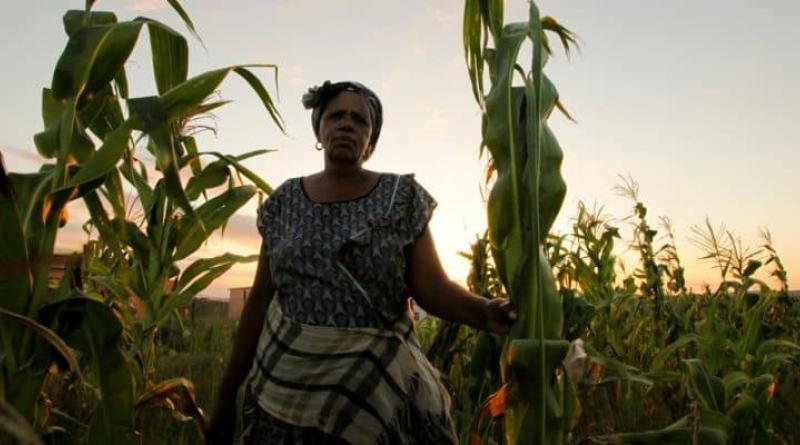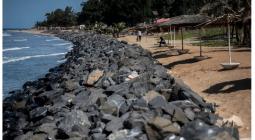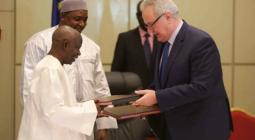GAMBIA: $56 million from the World Bank for food security in the face of drought

The government of The Gambia is starting the implementation of two climate resilience projects to increase agricultural yields and food security for people in urban and rural areas.
As part of its National Agricultural Investment Plan (2019-2026), The Gambia is launching two projects to improve the livelihoods of people affected by climate hazards. These are the Gambia Inclusive and Resilient Agriculture Value Chain Development Project (GIRAV) and the Gambia Agricultural Food Security Project (GAFSP).
According to the authorities of this West African country, these initiatives, financed with $56 million from the World Bank, will ultimately lead to poverty reduction. This will be through improving the livelihoods of drought-affected populations, promoting modern irrigation, and providing access to technology for the development of smart agriculture in urban areas.
“We are pursuing our national trajectory on the food system in support of the UN 2030 Agenda for Sustainable Development. Both projects are aimed at protecting the vulnerable, increasing food production, post-harvest management, improving smallholder incomes and market access,” explains Hassan Jallow, the Permanent Secretary of the Gambian Ministry of Agriculture.
Read also-GAMBIA: In Brikama, Mbalo launches an organic waste management project
In The Gambia, rural areas are the most exposed to the effects of climate change. In response to this phenomenon, which is affecting harvests, the UN Food and Agriculture Organisation (FAO) recently provided 6,600 local farmers with 34 solar irrigation systems to strengthen their resilience. These are boreholes equipped with solar pumps that fill tanks with filtration systems, providing clean water for irrigation as well as domestic and livestock use. These farmers have also been trained in cleaning, monitoring and repairing solar photovoltaic systems.





